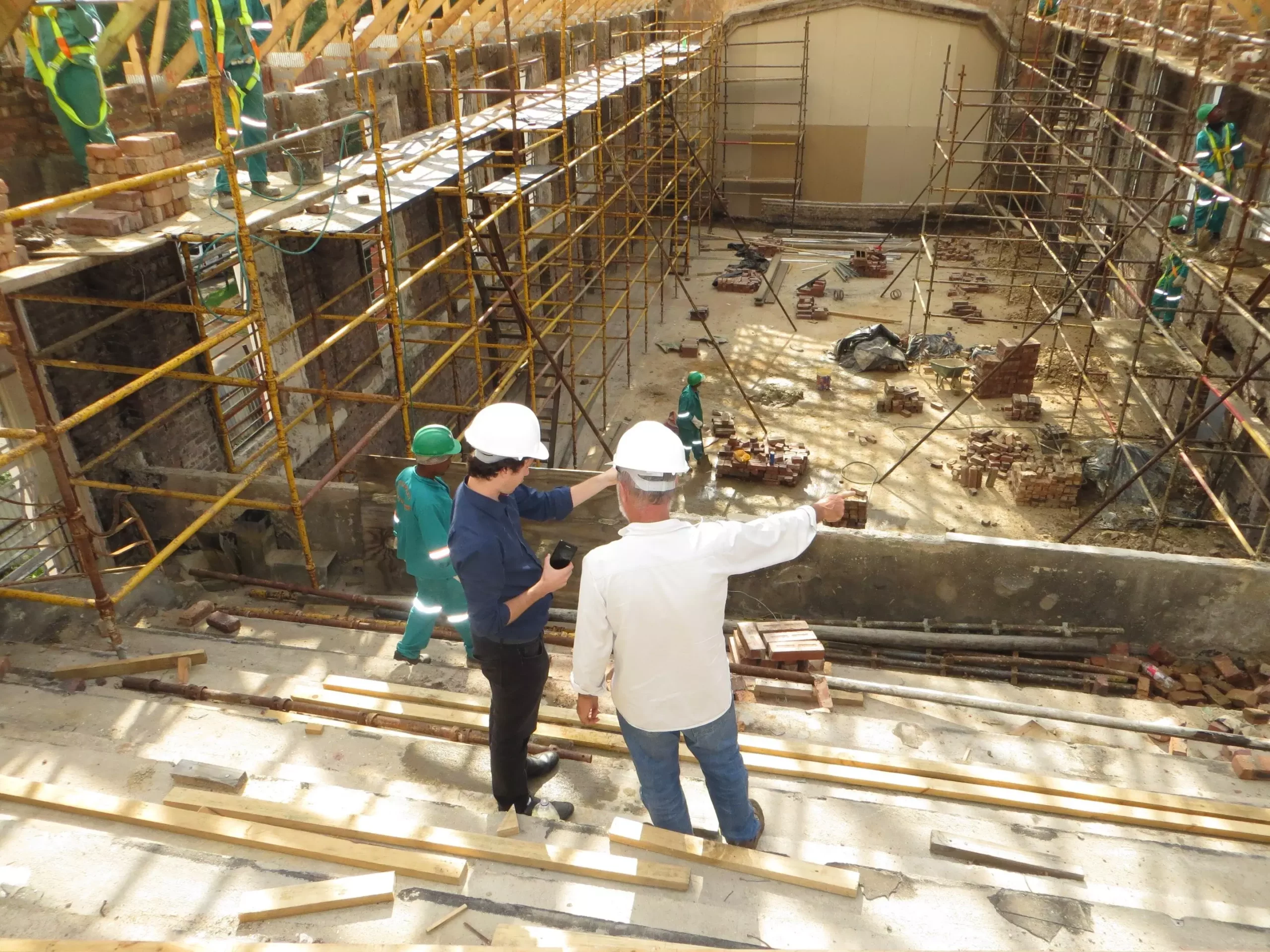The construction sector in Europe stands at a critical juncture as it faces the dual challenge of escalating energy demand and the need to reduce carbon emissions. According to recent research published in *Renewable and Sustainable Energy Reviews*, a significant systemic overhaul can virtually decarbonize this sector by 2060. This ambitious goal is driven by the pressing requirements of energy efficiency technologies, particularly in light of Europe’s aging building stock, where approximately 75% is deemed energy inefficient. As floor space expands by over 20% in the next thirty years, stakeholders must grapple with how to ensure sustainability aligns with construction growth.
The study emphasizes the transformative potential of technologies such as solar energy integration and heat pumps to cut energy demand dramatically. These advancements could reduce energy consumption for heating and cooling buildings by as much as 97%, making both residential and non-residential structures significantly more efficient. As Europe contends with rising energy costs and security concerns—exacerbated by geopolitical tensions—embracing these technologies becomes increasingly essential not just for environmental sustainability but also for economic stability. The implications extend beyond carbon emissions; healthier living spaces yield enhanced well-being, productivity, and job creation—a multifaceted approach to tackling modern challenges.
Dr. Souran Chatterjee, the lead author of the study and a Lecturer in Energy Transitions at the University of Plymouth, effectively communicates the need for immediate action. The associated risks of delaying the adoption of energy efficiency strategies are grave. A failure to act could lead to an inevitable increase in energy requirements for homes and workplaces, ultimately compromising the ability to meet established climate targets. The projections show a worrying possibility; if the current trajectory continues unchecked, thermal energy demand in the building sector could swell by 7% by 2060. Decision-makers must thus recognise the urgency of this call to action: every moment spent without implementing changes is a moment that jeopardizes future sustainability.
The research utilized a robust mathematical framework known as the High-Efficiency Building (HEB) energy model, allowing for rigorous assessments of energy demand reduction potentials across UK and EU construction sectors. This methodology has yielded insightful predictions, indicating that the energy required for cooling residential buildings could plunge by 86% by 2050, while non-residential properties might see a decrease of approximately 76%. These figures are not merely technical aspirations; they are attainable benchmarks that advocate for substantial shifts in our building practices.
The study underscores variances in energy demands that depend on geographic context, particularly in warmer climates like Italy, France, Greece, and Spain, where air conditioning is a critical component of building design. By setting ambitious net-zero goals, these countries could lead the way in implementing energy efficiency measures that reduce heating energy demand by over 80% by 2050. Such initiatives could alleviate pressure on energy supplies and enhance resilience against fluctuating energy markets.
The intersection of building renovation, construction practices, and energy efficiency technologies holds immense potential for Europe’s climate agenda. The overarching message from this study is clear: proactive engagement with energy-efficient renovation strategies is non-negotiable if Europe aims to fulfill its climate obligations under the Paris Agreement and safeguard the health of its citizens. By fostering an environment that promotes sustainable building practices, Europe can not only optimize energy usage but also pave the way for a brighter, sustainable future in construction. The responsibility falls to policymakers, industry professionals, and inhabitants alike to embrace this transformative journey towards a net-zero building sector—there truly is no time to waste.


Leave a Reply